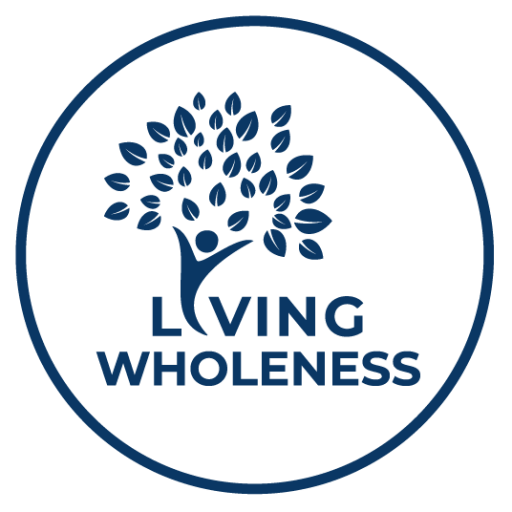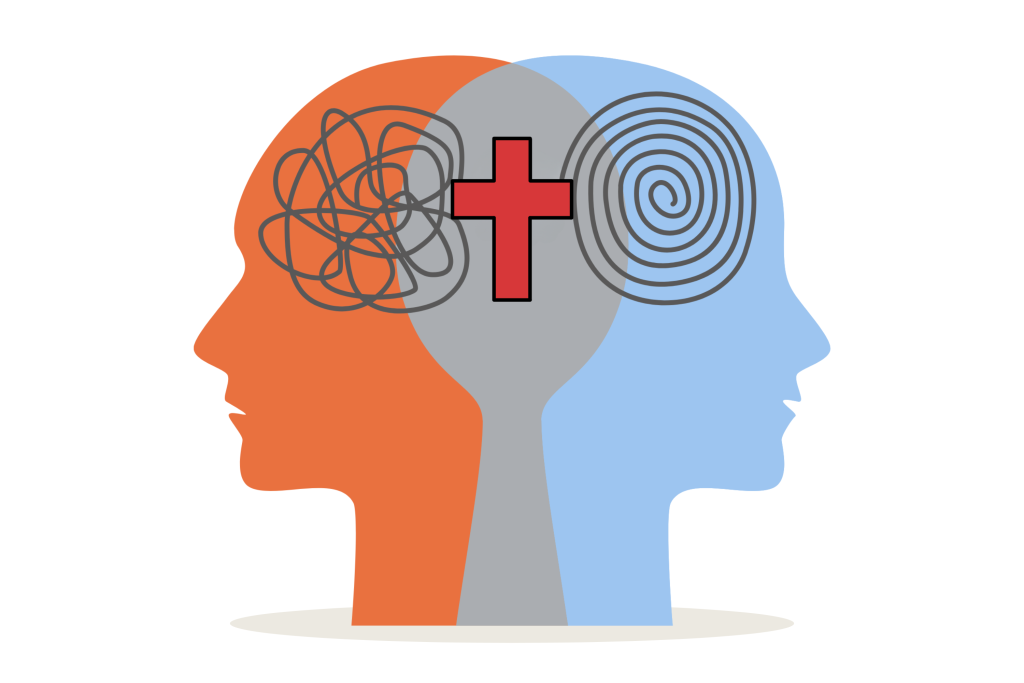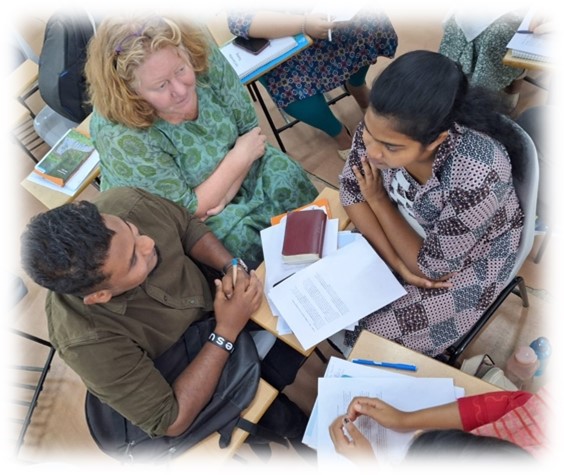Truth Sector
Truth Sector
By Claire Wadsworth
Last year in Nepal, I had the privilege of teaching the Heart Circle sectors of Love and Truth for the very first time. It was a joy and an honour to share these principles with our Nepalese brothers and sisters who gathered for the Foundations of Living Wholeness training.
As I reflect on that experience, I’m reminded of my early years in nursing, working in cardiology. From the beginning, I stood in awe of God’s intricate design—how He fashioned the human heart, an organ so central to our very existence. Later, during my midwifery career, that sense of wonder only deepened. I marvelled at the moment a newborn takes its first breath, and the tiny heart begins its remarkable transformation, the foramen ovale closing as blood is redirected to the newly opened lungs. Truly, we are “fearfully and wonderfully made.”
It is no surprise, then, that heart surgeons handle this delicate organ with such reverence. And in much the same way, as counsellors we are entrusted with the tender and sacred task of holding the heart-issues of others. What a profound privilege, to handle the heart, both physical and emotional, with care, humility, and deep respect.
As we teach and disciple others, it becomes vital that we ourselves understand the truths we are seeking to pass on. Recently, while leading a class, I asked questions such as:
“What is the purpose of your life?”
“What is your identity?”
“Who are you—and who are you not?”
And as I posed these questions to others, I sensed the Lord gently inviting me to answer them again for myself.
Each of us will respond differently, shaped by our God-given uniqueness, our backgrounds, gifts, personality, and even our gender. Scripture reminds us that we are “fearfully and wonderfully made,” intricately formed by the hand of God Himself (Psalm 139:15–16).
As I look back on my own story, I am deeply thankful for the Christian home in which I was raised. I experienced secure attachment through loving parents who cherished, nurtured, and encouraged me, parents who taught me to love Jesus and inspired me to carry the Gospel to the ends of the earth. I remain profoundly grateful for my family.
I am also thankful for the family I chose, the communities the Lord has woven into my life: my church family, my mission family, my Living Wholeness family. Each has loved and supported me in different seasons. What a gift that, when we receive Christ, we become a new creation. Our identity is transformed: we are adopted as children of God (Romans 8:15–17). I am a daughter of the true and living God, and you, too, are His beloved child.
Over time I developed a God-centred worldview, a moral compass shaped by His Word. I am unique (I know some of you are shouting a loud AMEN to that!), but I am uniquely gifted, uniquely called, uniquely purposed by God. And so are you. Your calling and gifts may look different from mine, but it is God who tells you who you are. He is the One who shapes you.
But what does this mean for the way we live?
How does our identity shape our behaviour, our interactions, and the posture of our hearts?
These questions have been stirring in me lately. I recently had the privilege of staying with dear missionary friends and was struck again by how seamlessly the gospel permeates their daily lives. Their faith is not simply something they do, it is who they are. They eat, drink, sing, share, and probably even dream with the gospel at the centre. Their “truth sectors” are anchored in a settled certainty of who they are in Christ.
So I ask you, as I am asking myself:
• How are you doing at breathing Christ into every conversation?
• What are you feeding your heart and mind—what are you “eating and drinking”?
• What fills your thoughts by day and your dreams by night?
• What occupies your truth sector?
• Do you live with a quiet, settled certainty of your identity in Christ?
May we continually return to the One who names us, forms us, and calls us His own, and may our lives reflect the beauty of that unshakable identity. But let me be honest: I am far from perfect. My lovely friends aren’t perfect. Even with all this knowledge and experience, I still drift to the left-hand side of my truth sector in the square at times. I still have moments when I doubt who I am. The enemy loves to whisper, “Did God really say…?” (Genesis 3).
Years ago, my sister typed a little sticker and placed it on my bathroom mirror. “Read it every day,” she said. The sticker has long since fallen off, but the word is forever etched into my truth sector. It simply said: “Beautiful.” And maybe you need to hear this today: You are beautiful. You are unique. You are a child of the living King, cherished, precious, delighted over, deeply loved. May the Lord bless you as you allow Him to fill your truth sector with His truth, His voice, and His love.And if you need a reminder, soak in the Father’s love today:
www. fathersloveletter.com













